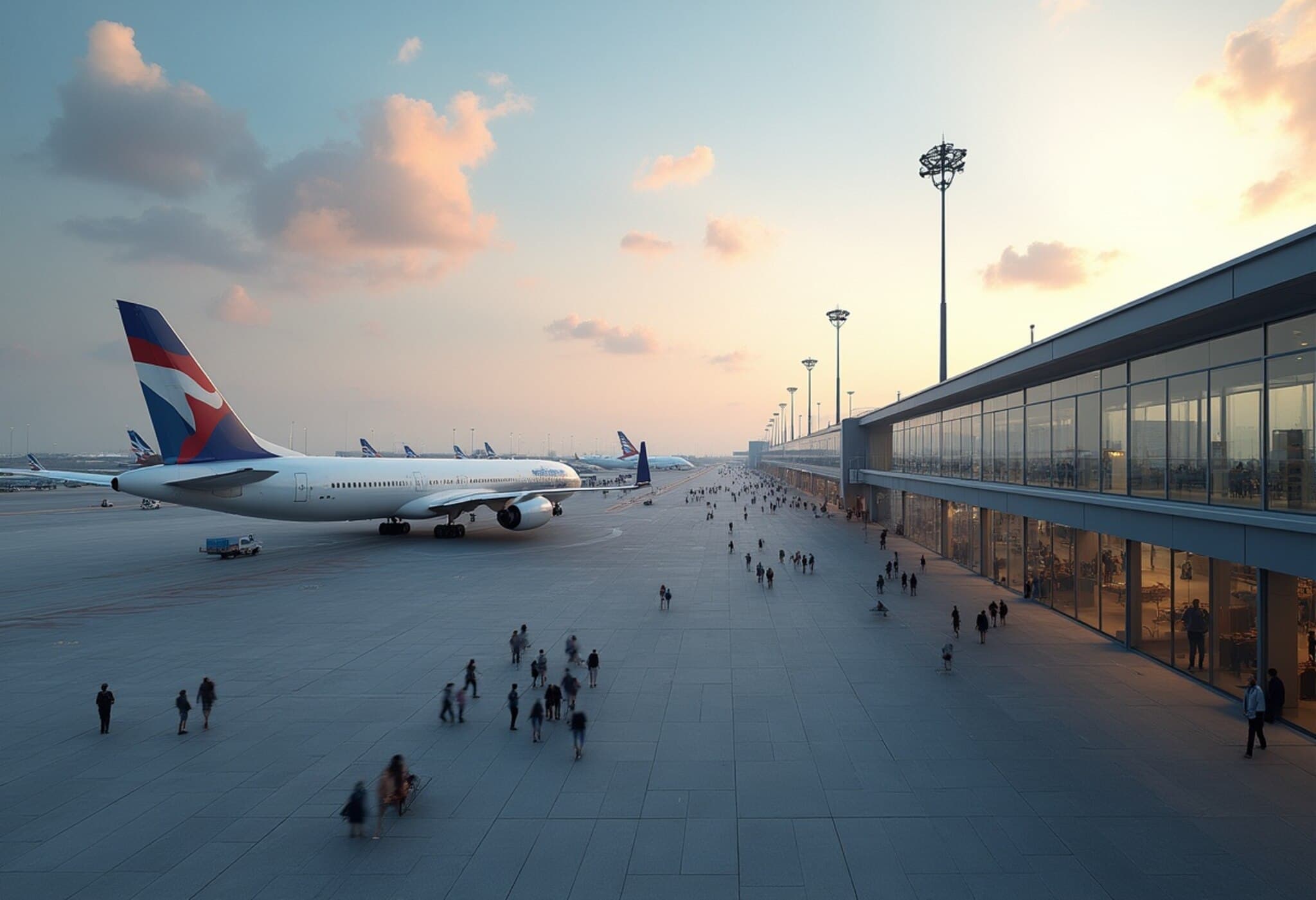Controversy Erupts Over Language Dispute at London Heathrow Airport
A recent episode at London Heathrow Airport has sparked a heated debate about language, multiculturalism, and workplace inclusivity. Lucy White, a British public policy specialist, found herself at the center of social media backlash after publicly criticizing employees at a Marks & Spencer outlet for speaking Hindi.
The Incident: When Language Becomes a Flashpoint
White shared a post on X (formerly Twitter) recounting how she overheard three M&S staff members conversing in Hindi, the most widely spoken language in India, while she was at Terminal 3. According to her post, she confronted the employees, asking what language they were speaking.
Not stopping there, she announced, “I have a voice recording & their names to report to M&S. We must confront them every time.” This statement quickly ignited criticism from users who questioned why speaking Hindi warranted confrontation and whether it indeed violated any workplace or airport communication protocols.
Backlash and Broader Implications
The online response was swift and pointed. Many accused White of fostering intolerance and racism in one of the United Kingdom’s most culturally and linguistically diverse environments. A user aptly noted, “Confront people who talk in a different language? No thanks. We should however confront vile bigots like yourself that make this country a much sadder, less friendly place.”
Others highlighted the irony of criticizing multilingualism at an international hub where diversity is a hallmark, with remarks such as, “How embarrassing. Heaven forbid someone speaks more than one language if they work in a major international airport.”
Contextualizing the Conflict: Language, Identity, and Policy
Incidents like this touch upon critical themes in contemporary Britain: the challenges of maintaining social cohesion amid increasing diversity, and the expectations surrounding language use in public-facing employment roles.
From a policy perspective, airports like Heathrow serve millions of international travelers yearly and often employ staff from varied ethnic and linguistic backgrounds. English remains the official language, but many employees speak multiple languages to assist passengers, which arguably enhances customer service.
Experts on workplace inclusivity argue that confronting or penalizing employees for speaking a language other than English, without direct evidence of communication barriers with customers, risks alienating staff and undermining the multicultural fabric crucial to global hubs.
A Pattern of Previous Complaints
This is not the first time Lucy White has courted controversy for similar comments. Earlier, she claimed that Indian and Asian staff at Heathrow spoke “not a word of English” and recounted being labeled a racist when asking them to communicate in English.
Such repeated incidents raise important questions about how conversations on language and integration are framed in public discourse and the potential impact on inter-community relations.
Expert Insight: Navigating Diversity in Global Workspaces
Dr. Anita Kapoor, a sociolinguist specializing in workplace communication, offers perspective: “Language is an identity marker and a tool for inclusion or exclusion. In international settings, bilingual or multilingual staff bring invaluable skills, especially in serving non-English speaking travelers. Emphasizing English-only policies without considering customer demographics or employee rights can be counterproductive.”
She adds, “We must balance operational efficiency with cultural sensitivity. Criticisms targeting language use need to be rooted in clear issues related to service delivery, not cultural bias.”
Conclusion: What This Means for Multicultural Britain
The Heathrow language dispute exemplifies the ongoing tension in societies striving to embrace diversity while negotiating everyday interactions and workplace norms.
Public reactions show both the support for multiculturalism and the frustration some feel when confronted with cultural differences. Constructive dialogue, public education, and inclusive workplace policies are vital to diffusing such tensions.
Key Takeaways:
- Multilingualism at international airports is often a service asset, reflecting global clientele.
- Confronting employees for speaking native languages can compound social divisions and accusations of racism.
- Policy clarity is needed on language expectations, balancing operational needs with respect for cultural diversity.
- Public discourse should focus on collaboration and understanding rather than conflict and exclusion.













